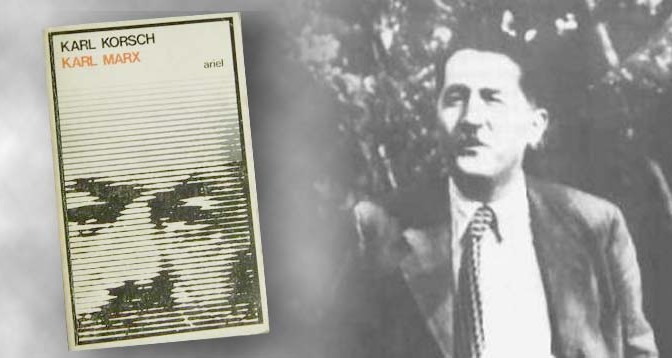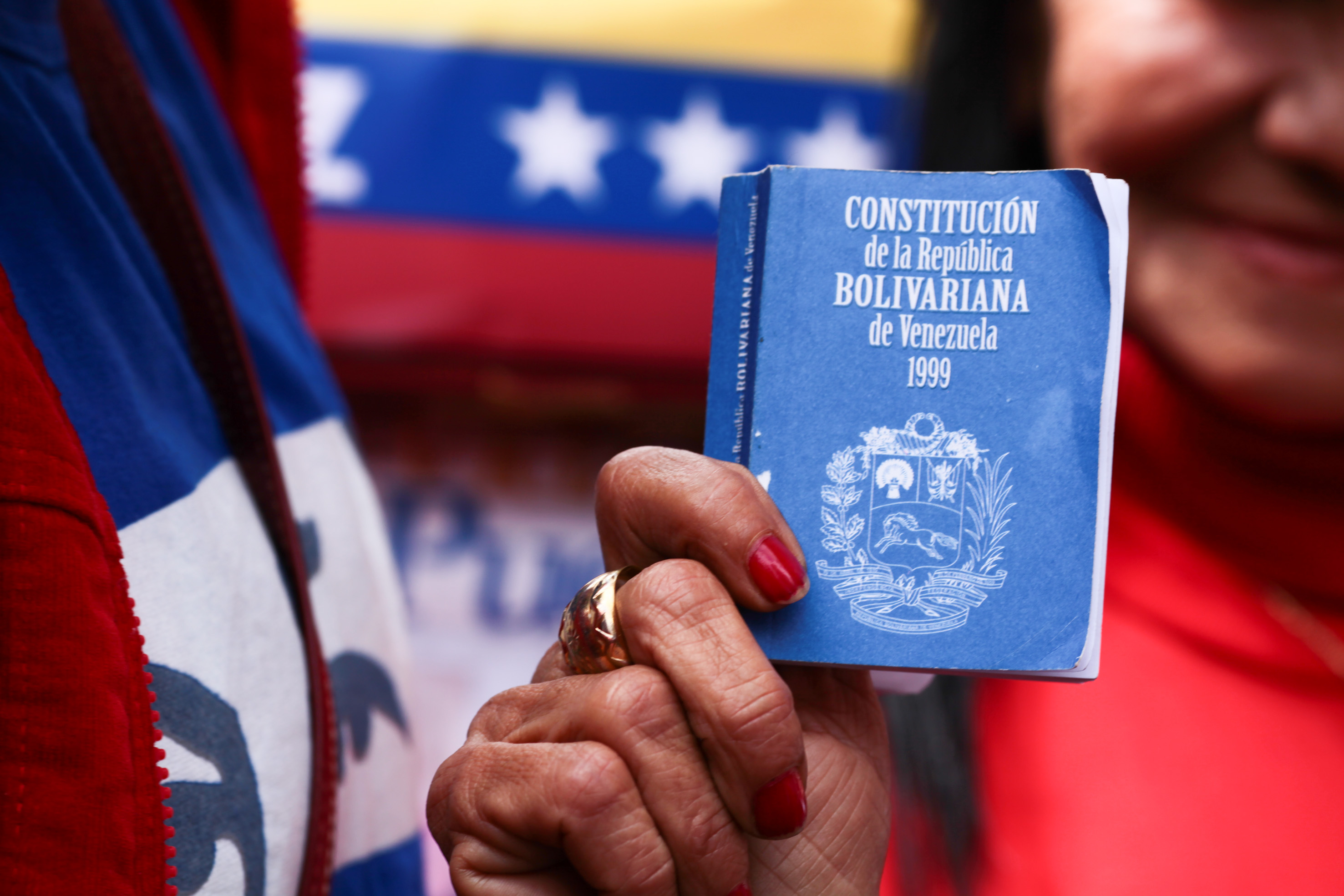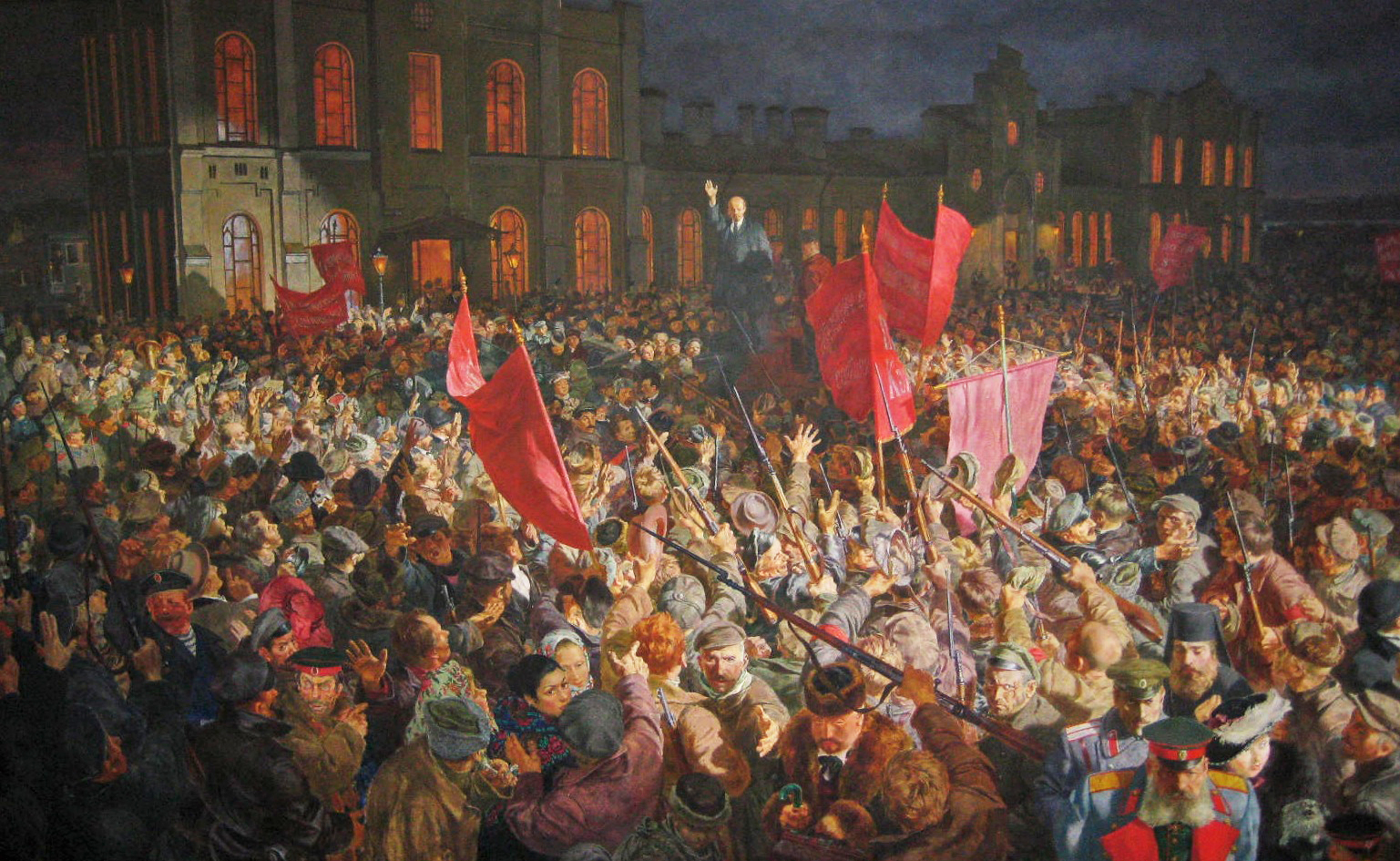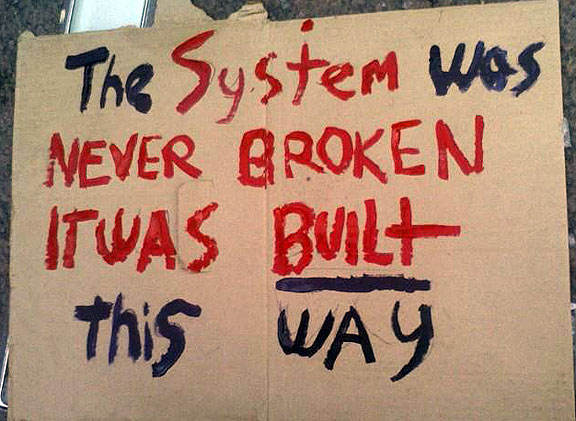Marxist theory
Fruits and perils of the ‘bloc within’: The Comintern and Asia 1919-25 (Part 3)

Chen Duxiu
By John Riddell
January Should Communists ally with revolutionary nationalism? The Comintern and Asia 1919-25 (Part 2)

Turar Ryskulov (1894-1938)
By John RiddellToward a global strategic framework: The Comintern and Asia 1919-25 (Part 1)

Manabendra Nath Roy
By Karl Korsch's Philosophical Bolshevism

Clearing up Marx and profit: ending the ‘Transformation Problem’ once and for all

Marxist theories of the state played out in Venezuela


Marxism: The philosophy of praxis

By Doug Enaa Greene
Jose Carlos Mariategui 87 Years Later



